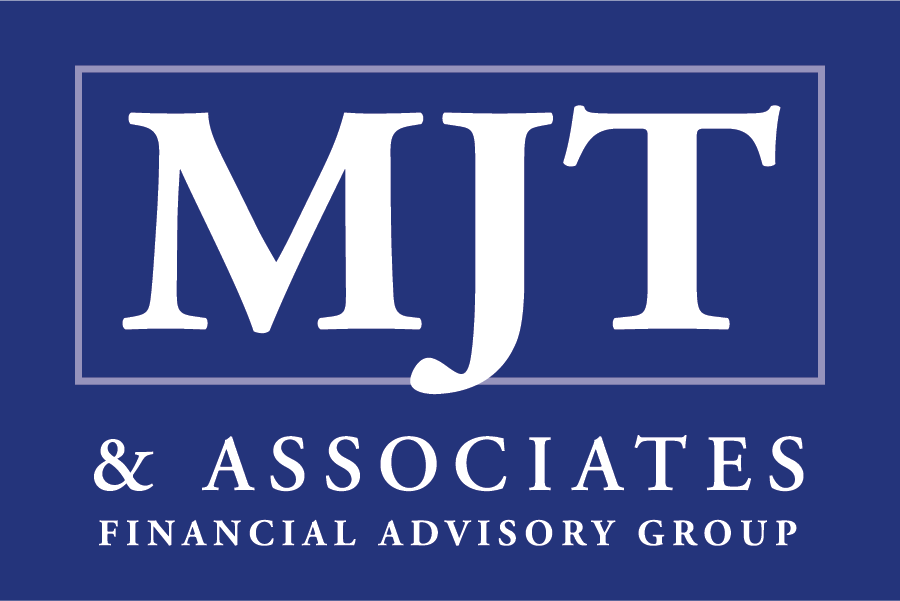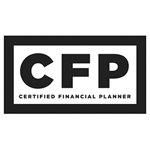As financial advisors at MJT & Associates, we've seen firsthand how proper estate planning and asset protection can provide peace of mind and security for our clients and their loved ones. In this comprehensive guide, we'll explore the critical aspects of estate planning and asset protection, helping you understand why these strategies are essential for securing your legacy and protecting your family's future.
Understanding Estate Planning and Asset Protection
Estate planning is more than just drafting a will. It's a comprehensive approach to managing and distributing your assets during your lifetime and after your death. Asset protection, on the other hand, focuses on safeguarding your wealth from potential creditors, lawsuits, and other risks. Together, these strategies form a powerful shield for your financial legacy.
Imagine you're building a house. Estate planning is like designing the blueprint, deciding how each room will be used and who will inherit the property. Asset protection is like installing a state-of-the-art security system to keep intruders out. Both are crucial for ensuring your home – or in this case, your wealth – remains safe and is passed on according to your wishes.
The Importance of Having an Estate Plan
You might be thinking, "I'm not wealthy enough to need an estate plan." But here's the truth: if you have any assets at all – a home, a car, a savings account, or even personal belongings with sentimental value – you need an estate plan. Here's why:
- Control over asset distribution: Without an estate plan, state laws determine how your assets are distributed, which may not align with your wishes.
- Protection for minor children: An estate plan allows you to name guardians for your children, ensuring they're cared for by people you trust.
- Minimizing taxes and legal fees: Proper planning can help reduce estate taxes and avoid costly probate processes.
- Healthcare decisions: Advanced directives in your estate plan can guide medical decisions if you become incapacitated.
- Business continuity: For business owners, an estate plan ensures smooth transition and continuity of your enterprise.
Key Elements of an Estate Plan
A comprehensive estate plan typically includes several key documents and strategies:
- Last Will and Testament: This legal document outlines how you want your assets distributed after your death. It's the foundation of any estate plan.
- Living Trust: A trust can help your estate avoid probate, provide privacy, and offer more control over asset distribution.
- Power of Attorney: This document designates someone to make financial decisions on your behalf if you're unable to do so.
- Healthcare Directive: Also known as a living will, this specifies your wishes for medical care if you're incapacitated.
- Beneficiary Designations: These determine who receives assets like life insurance policies and retirement accounts.
- Letter of Intent: While not legally binding, this document can provide guidance to your executor about your wishes.
- Guardianship Designations: If you have minor children, this names who will care for them in your absence.
Choosing the Right Executor and Trustee
Selecting the right executor for your will and trustee for your trust is crucial. These individuals will be responsible for managing and distributing your assets according to your wishes. Here are some factors to consider:
- Trustworthiness and integrity
- Financial acumen and responsibility
- Availability and willingness to serve
- Familiarity with your family dynamics
- Ability to handle potential conflicts
Remember, you can choose different people for these roles or even consider a professional executor or corporate trustee for more complex estates.
Protecting Your Assets Through Proper Estate Planning
Asset protection is a critical component of estate planning. Here are some strategies we often recommend:
- Liability Insurance: Adequate insurance coverage is your first line of defense against potential lawsuits.
- Business Entities: Structuring your business as an LLC or corporation can protect your personal assets from business liabilities.
- Trusts: Certain types of trusts, like asset protection trusts, can shield your wealth from creditors.
- Retirement Accounts: Many retirement accounts offer creditor protection under federal law.
- Homestead Exemptions: Depending on your state, your primary residence may be protected from creditors.
- Gifting Strategies: Strategic gifting can reduce your taxable estate while benefiting your loved ones.
Common Estate Planning Mistakes to Avoid
In our years of practice, we've seen clients make several common mistakes. Here are some pitfalls to avoid:
- Procrastination: Don't wait until it's too late. Start planning now.
- Failing to update your plan: Life changes, and so should your estate plan. Review it regularly.
- Overlooking digital assets: In today's digital age, don't forget about online accounts and cryptocurrencies.
- Neglecting to plan for incapacity: Your estate plan should address both death and incapacity.
- Improper beneficiary designations: Ensure your beneficiary designations align with your overall estate plan.
- DIY planning: While online tools can be helpful, complex estates require professional guidance.
Estate Planning for Blended Families
Blended families present unique challenges in estate planning. Here are some strategies to consider:
- Clear communication: Open discussions with all family members can prevent misunderstandings and conflicts.
- Use of trusts: A QTIP trust, for example, can provide for your current spouse while ensuring assets eventually pass to your children from a previous marriage.
- Prenuptial agreements: These can clarify financial arrangements and protect assets for children from previous marriages.
- Careful beneficiary designations: Ensure your beneficiary designations align with your overall estate plan.
- Consider lifetime gifts: Strategic gifting can ensure your biological children receive a fair share of your estate.
Estate Planning for Business Owners
If you're a business owner, your estate plan should address both personal and business assets. Consider these strategies:
- Succession planning: Determine who will take over your business and how the transition will occur.
- Buy-sell agreements: These agreements can provide a smooth transition of ownership in case of death or incapacity.
- Key person insurance: This can provide funds to buy out a deceased owner's share or keep the business running during a transition.
- Family limited partnerships: These can facilitate the transfer of business interests while maintaining control.
- Trusts: Various trust structures can help manage business assets and provide for family members.
Working with an Estate Planning Attorney
While it's possible to create basic estate planning documents on your own, working with an experienced estate planning attorney offers several benefits:
- Expertise in complex legal and tax issues
- Customized solutions for your unique situation
- Assurance that your documents are legally valid and up-to-date
- Guidance on complex strategies like trust creation
- Coordination with other professionals like financial advisors and accountants
When choosing an attorney, look for someone with specific experience in estate planning and asset protection. Don't hesitate to ask about their qualifications, experience, and approach to planning.
Conclusion: Securing Your Legacy Through Estate Planning and Asset Protection
Estate planning and asset protection are not one-time events but ongoing processes. As your life changes, your plan should evolve too. Regular reviews and updates are essential to ensure your plan continues to reflect your wishes and protect your assets.
Remember, the goal of estate planning isn't just about distributing assets – it's about securing your legacy, protecting your loved ones, and ensuring your hard-earned wealth is preserved for future generations. It's about peace of mind, knowing that you've taken steps to protect what matters most.
At MJT & Associates, we're committed to helping our clients navigate the complex world of estate planning and asset protection. We understand that every situation is unique, and we're here to provide personalized guidance tailored to your specific needs and goals.
Don't leave your legacy to chance. Take control of your financial future today. Reach out to us to start your estate planning journey. Together, we can create a comprehensive plan that secures your legacy and provides for your loved ones, giving you the peace of mind you deserve.
Web Sources
2025 Estate Planning Checklist
Estate Planning Checklist: A 7-Step Guide to Getting Your Affairs in Order











